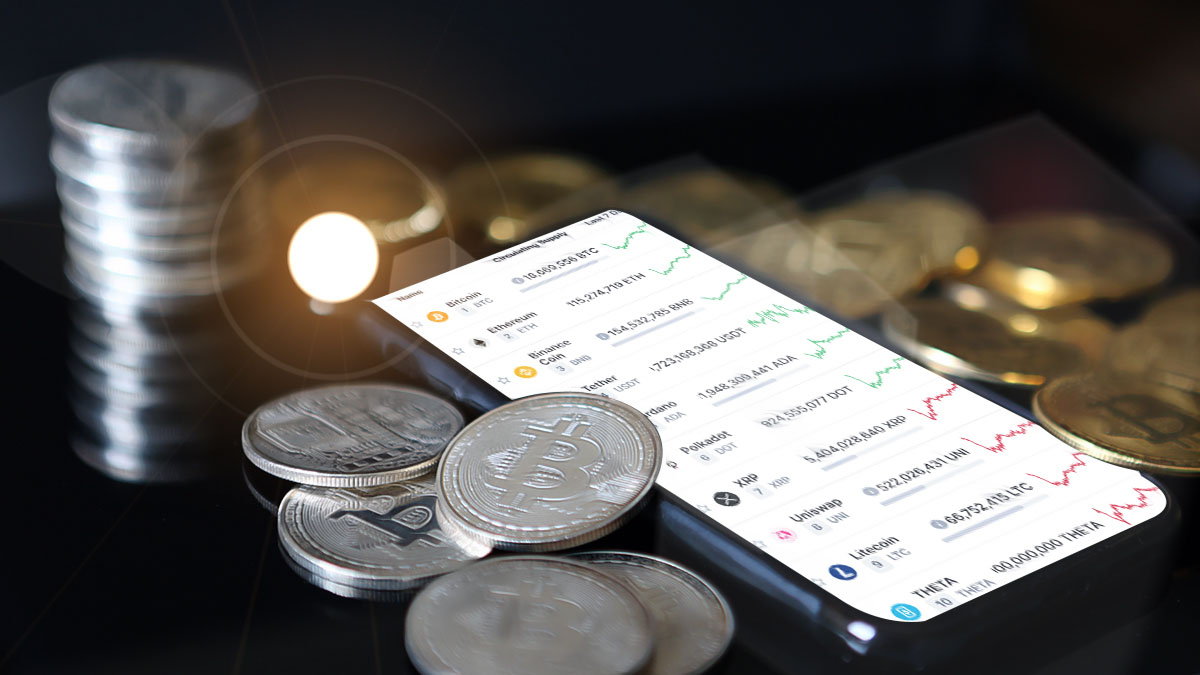Meme coin PEPE is navigating a complex environment as its exchange reserves hit a two-month high, accounting for 40.59% of the total supply, raising questions about its potential price drop. The increase in exchange reserves, combined with whale transactions and profit-taking signals, is creating uncertainty around PEPE’s price stability.
Recent data from Santiment reveals significant developments in PEPE’s on-chain dynamics, with 40.74% of its total supply now held on exchanges, the highest since October 23. The trend of rising exchange reserves has been consistent since December 22, indicating an increased presence of PEPE on exchanges.
Traditionally, an increase in exchange supply leads to heightened selling pressure, negatively impacting asset prices. The rise in exchange reserves, coupled with an uptick in inflows, suggests a scenario where selling activities could intensify, potentially contributing to a bearish outlook for PEPE’s price.
Key metrics such as whale transactions valued over $100,000 have been on the rise since January 8, consistent with the Network Realized Profit/Loss metric, indicating profit-taking by significant wallet investors. These measurements collectively strengthen the bearish thesis for PEPE’s price, suggesting large investors are capitalizing on profits and potentially triggering a broader downturn.
A notable on-chain transaction saw a large wallet investor transfer two trillion PEPE tokens to Binance last Friday. This whale had previously invested in PEPE tokens using 920 staked Ether (stETH) and 253 wrapped Ether (WETH), with potential profits reaching $705,000. Despite short-term positive price movements, broader on-chain indicators suggest a cautious approach is warranted.












